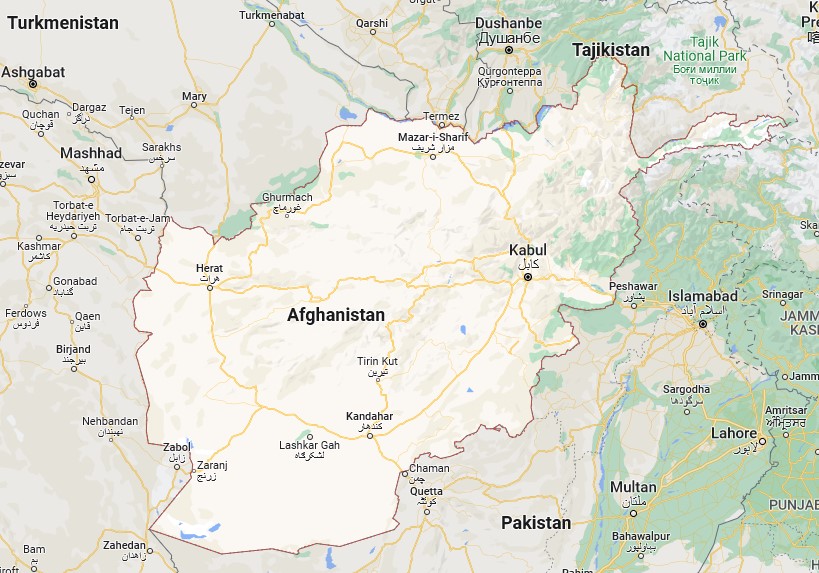The possibility of a dignified life for women and girls has been kicked back to the dark ages in modern Afghanistan. Although the Taliban is not uniformly extreme in all parts of the country there are no signs of things getting materially better. Will international trade with countries like China, Russia and Iran be able to bring Afghanistan back to the 21st century?
The Taliban’s takeover of Kabul in August 2021 came as a surprise to many, although the group had made significant gains across the country once it was clear that all US troops would leave. Now, Afghanistan is facing one of the world’s worst humanitarian crises. The Afghan economy has been destroyed, and the US has frozen all of Afghanistan’s assets. Western aid has been suspended because the Taliban government includes designated terrorists, breaches promises to observe human rights, and has ties to other terrorist groups.
The Taliban seem to lack the capacity to manage these monumental challenges, but there is no clear alternative to their rule and government offices are full of corruption.
Last month, a year after the Taliban banned Afghan girls from receiving secondary education and barred women from working in most sectors outside of health and education, another school year began in Afghanistan. It is the only country in the world where girls are prohibited from going to school beyond the primary level and women are barred from traveling more than 70 kilometres without a close male relative.
Since the Taliban’s takeover, the group has sought to marginalize women and girls and erase them from virtually every aspect of public life. After a March 2022 ban on high school education, the Taliban also barred women from attending university and working in NGOs.
However, in some cities such as Balkh, Herat, and Faryab, girls can still attend school, university, and work.
The Taliban are grouped into three factions: the “Kandahari”, in the south; the “Haqqani”, who are said to be supported by Islamic State In Pakistan and are considered the worst and most extreme; and the “Dari”, who rule in the north of Afghanistan and are more open about men and women working together to improve society.
These three groups have different ideas and priorities, which has caused some infighting, especially regarding women’s participation at school and university. About 60% of Taliban militants are illiterate.
When the Taliban took control of Afghanistan, they announced that they would forgive anyone who had worked with the USA/NATO or the previous government’s special army. However, they broke their promises and killed many of them. Some were able to leave Afghanistan, but most could not due to financial difficulties. Western countries promised to help them, but have since forgotten about them, putting their lives in danger. Now there aren’t any jobs and 75% of people are living in poverty.
Maybe hope for the Afghan people will come from China, whose latest efforts at international diplomacy and mediation has resulted in a long hoped-for rapprochement between Iran and Saudi Arabia. China is also looking at investments such as the potential $50 billion worth of copper in the Mes Aynak mines. Russia and Iran are also candidates for investment which should improve the economic situation.
Otherwise the future looks bleak if the three factions do not find common ground on which to develop the country for the benefit of all Afghans.






